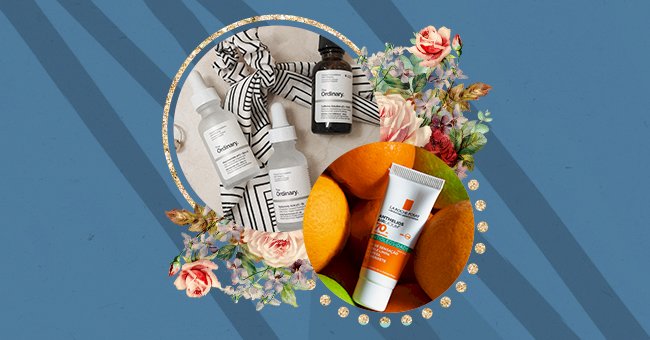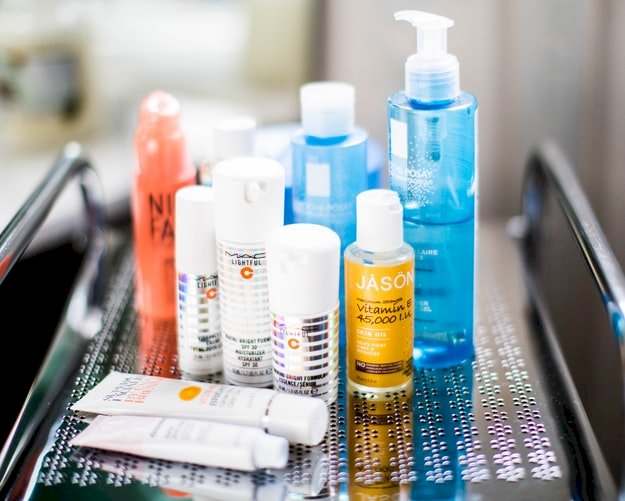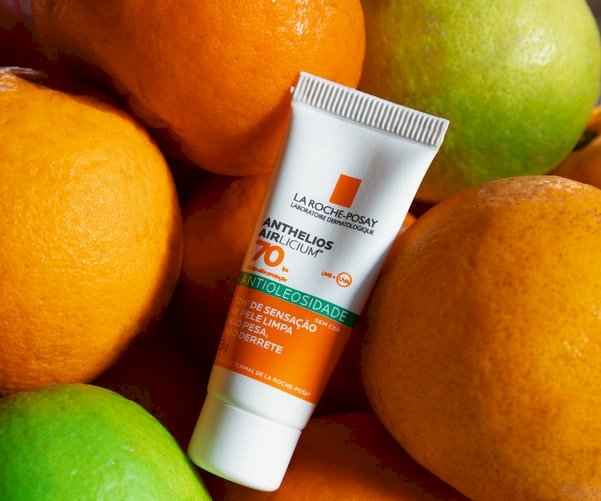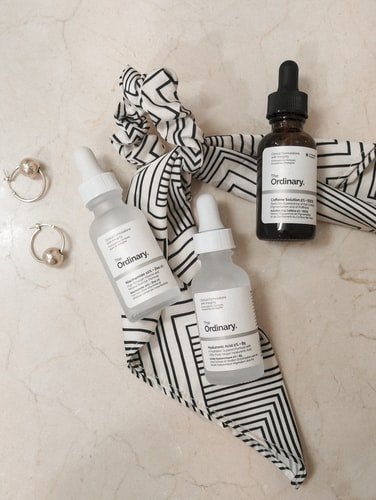
Soulmates: Exploring Skincare Ingredient Pairs That Work
By now, you may have heard all the tricks in the skincare book: retinol, vitamin C, hyaluronic acid, and more. These ingredients are potent A-listers that bring the best out of your skin - but how do they play well with others?
Well, it depends on what ingredients you are talking about. Not all ingredients are friends with each other, and some may even negate each other's benefits.
So, to maximize your bottles and droppers, we have listed some products with powerful ingredient combinations to remember.
Vitamin C + Ferulic Acid

Photo by Noah Buscher on Unsplash
Ferulic acid has been known to fight free radicals to prevent and correct skin damage and prolong vitamin C life and effectiveness.
The most potent forms of vitamin C are often the most unstable, which means these serums are vulnerable to light, heat, and air. However, when combined with ferulic acid, it helps stabilize vitamin C, so its antioxidant potency doesn't vanish into the air.
Vitamin C + Vitamin E

Photo by Charisse Kenion on Unsplash
Vitamin E is not a skincare ingredient per se. When it is paired with vitamin C, the combination is more effective in preventing photodamage than a single vitamin. Both work by undoing free radical damage, but each fights different types of UV damage.
By adding vitamin C and E serums into your routine or using products that contain them, you are giving your skin double the antioxidant ammunition to fight free radical damage and more UV damage than vitamin C alone.
Vitamin C + Vitamin E + Ferulic Acid

Photo by Apostolos Vamvouras on Unsplash
By now, you are probably wondering: if vitamin C and E are good, and also vitamin C and ferulic acid, how about a combination of all three? The answer is rhetorical: do you love stability and antioxidants? It is the best of all worlds, as it offers triple the protective powers.
With antioxidants like Vitamin C and E working in tandem to undo the damage caused by UV rays, you're probably wondering how it makes sense to apply this combination under your sunscreen for extra UV protection. And you would be right.
Antioxidants And Sunscreen

Photo by Arthur Pereira on Unsplash
Although antioxidants cannot replace preventative sunscreen, they can increase your sunscreen. The combination of vitamins E, C, and sunscreen increases the effectiveness of sunscreen.
This makes it a powerful combination in the fight against visible aging and skin cancer. The type of sunscreen you use can affect your skincare routine. It is best to use the right one for your skin type.
Retinol And Hyaluronic Acid

Photo by Miska Sage on Unsplash
There aren't many topical skincare ingredients that can rival the benefits of retinoids, from fighting acne to anti-aging. However, note that retinoids, retinol, and other vitamin A derivatives are notorious for being hard on the skin, causing discomfort, irritation, redness, flaking, and extreme dryness.
These side effects can be a headache for some. Using hyaluronic acid to complement the vitamin A derivative works magic. It is both moisturizing and soothing, without hindering the retinol's ability to do its job.